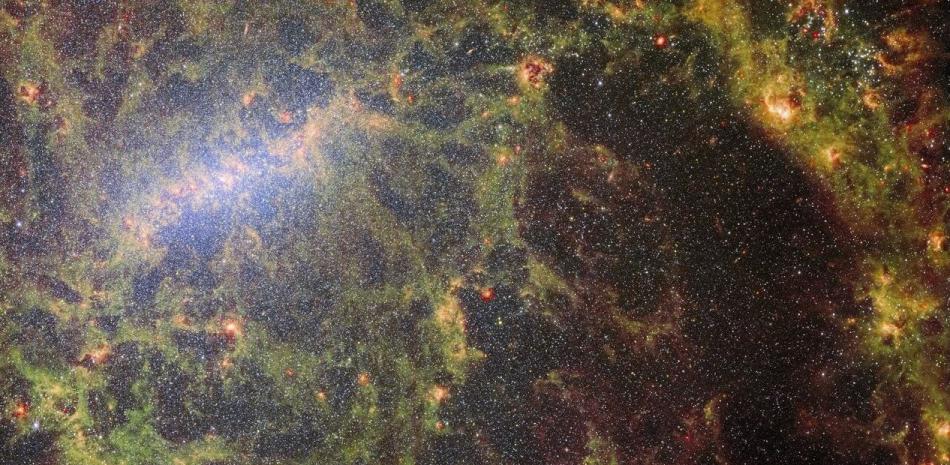
Through a series of studies of the fossils of small marine creatures, Harvard University predicted when the next mass extinction of many species on Earth might occur.
By TN
The study, published in the journal Nature, was led by Anshuman Swain, a member of the Harvard Society of Fellows, and focused on predicting the impact of global warming on life.
Scientists have been able to show that certain environmental events, such as global warming, can lead to mass extinctions and precede subtle changes in the composition of biological communities.
Using the Triton database, the scientists confirmed how the composition of foraminiferal communities changed over millions of years. In this way, 34 million years ago, before the extinction pulse, marine communities were concentrated from high southern latitudes, indicating that they moved away from the tropics.
Therefore, they concluded that monitoring the movements of marine communities could predict future mass extinction events.
Faced with this discovery, the next aim is to open up research to other groups of marine organisms such as insects or fish.





:quality(85)/cloudfront-us-east-1.images.arcpublishing.com/infobae/KTKFKR763RBZ5BDQZJ36S5QUHM.jpg)